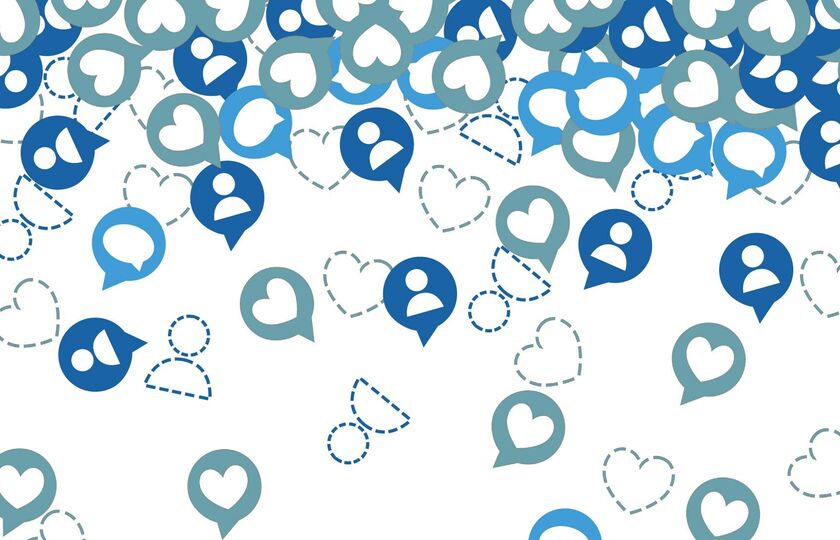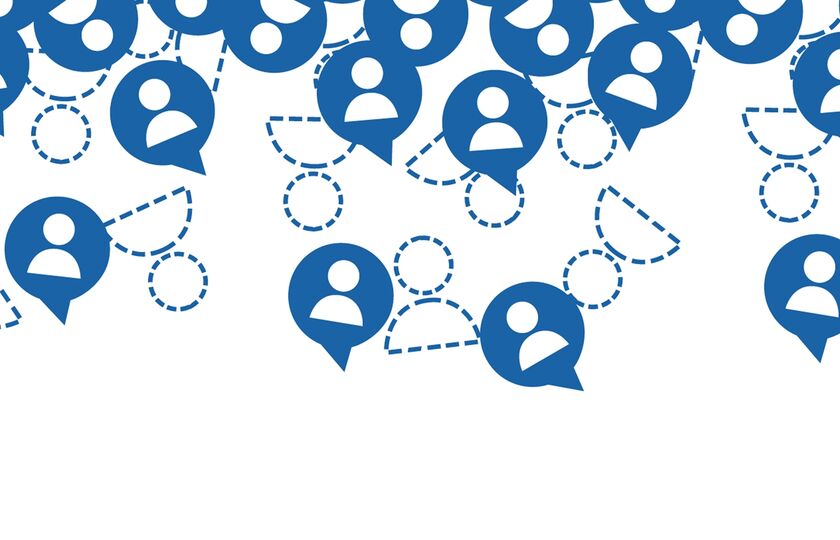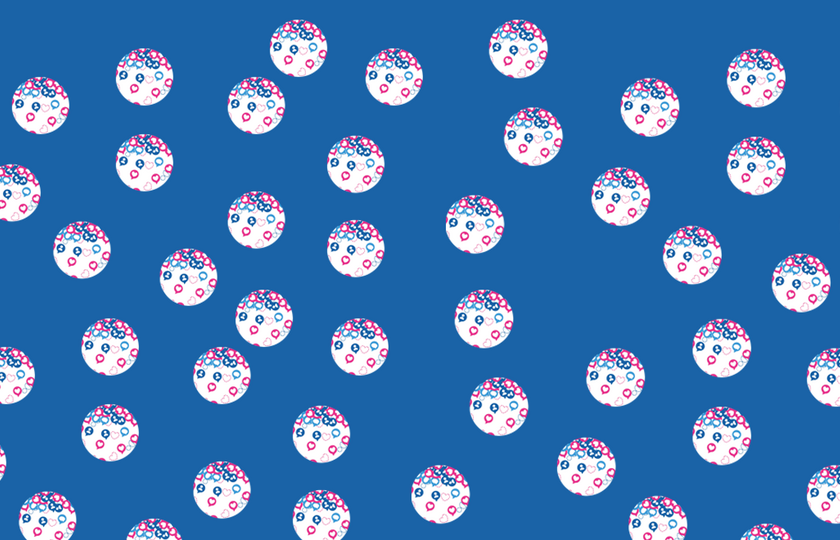Blog
A sister's point of view on learning disability dating scene
I’m Helena, sister and founder of Happily friendship and dating agency. I want to share my personal experiences from the learning disability dating scene and why I have decided to launch my own agency, Happily.
Dating and building friendships can be hard at the best of times, regardless of whether you have a learning disability or not. However, if you do have a learning disability, you are more likely to face barriers that stop you regularly socialising and having healthy relationships.
I have witnessed this first hand as my younger sister Jessica* who is 27, has physical and learning disabilities and needs to be fully supported in her efforts to find love and friendship. As a family we are 100% behind her but despite this Jess still finds it difficult to find friends and meet a potential boyfriend. Like any sister, I love being able to support her along the way but I am concerned and disappointed with the lack of safe and appropriate options available to her.
We began our search over three years ago by signing up to numerous online dating websites, apps and introduction agencies aimed at “disabled singles”, “adults with learning disabilities” and people with “mild disabilities.” With Jess’s consent I wrote her profiles for the dating websites and included a couple of photos. This is something we did together but it did strike me that not everyone would be able to get the support that Jess had and that the process was fairly inaccessible for people with learning disabilities.
We then began to sift through the different profiles- lots of them! There were hundreds and Jess quickly lost interest as the process was time consuming with little reward. It became apparent that many of the leading dating websites share the same purchased database which means that although the volume of profiles are large, the choice of genuine people on there is small. I had trawled through so many profiles that I began to recognise all the familiar faces as they popped up again and again.
Rather disconcertingly there were also members who had dubious reasons for wanting to have a relationship with someone with learning disabilities and this made me feel very protective about Jess and her online safety. We would regularly receive inappropriate messages which I would delete before my sister could read them. I didn’t want her to get disheartened or to get into a conversation with people who were trying their luck. In short, online dating didn’t feel safe or effective so we focused our efforts on dating agencies and hoped for better results.
Initially our immediate wishes were granted when we registered with several dating agencies. Members were genuinely interested in a relationship and were signing up for the right reasons. It felt safe and what was even better was that Jess was getting asked to go on dates. As a family we were absolutely delighted that Jess was finally getting the opportunity to get out there. The interaction with new people did wonders for Jess’s confidence and she also learnt how to go on a date and the organisation and planning that went into it.
This was all very encouraging but unfortunately none of the introductions were an appropriate match. I believe this might have been because the matchmaking process focused heavily on looks, with less emphasis on personalities or an understanding of an individual’s learning disability and needs. Jess would pick who she though were the most attractive candidates regardless of whether it was an appropriate match or not. It simply didn’t work for Jess and we felt like we needed more guidance about suitable matches and the reasons why the pair might be compatible.
The insightful experience has left me with a strong feeling that more needs to be done to connect people with learning disabilities together and to support them to build meaningful relationships and friendships. It goes without saying that the positive effect of a happy relationship or friendship can be life changing and everyone deserves the right to have the opportunity to enjoy them.
My sister is obviously not alone, there are thousands of people in a similar position who feel socially isolated and have few opportunities to meet new people, make friends or build loving relationships. As people with learning disabilities tend to have small social networks, key relationships are often formed with support staff and the people they live with. In fact recent statistics from Mencap show that 34% of adults with a learning disability have no more than yearly contact with friends1.
Time for something new? Happily Friendship and dating agency is launching.
I want to use my experience with Jess to help others. That’s why I am launching Happily, a not-for- profit Community Interest Company that will provide a safe and trusted dating and friendship agency for adults with learning disabilities and autism in London.
Our Central London agency will bring people together from all over the city. We want to work alongside partner charities to really get to know our members and suggest appropriate introductions. Supporting members, their family and carers is important to us so we will meet all our members face to face so that you can feel confident about our matches. To become a member of Happily you have to have a learning disability or autism and be over the age of 18.
Within the first 12 months, we hope to achieve some great things, including bringing people together, hosting social events as well as free small workshops about sex and relationships for members, carers and partner charities on a continuous basis.
Happily will be launching very soon so keep an eye out for more information here on twitter: @happilydating.
Do contact me if you have any questions or if you would like to give any feedback: Helena Reed at hello@happilydating.com or 07397066761.
* My sister’s name has been changed to Jessica for privacy.
1 Mencap: Friendships – what we think
The views expressed in the Supported Loving blog are not necessarily those of Choice Support.





